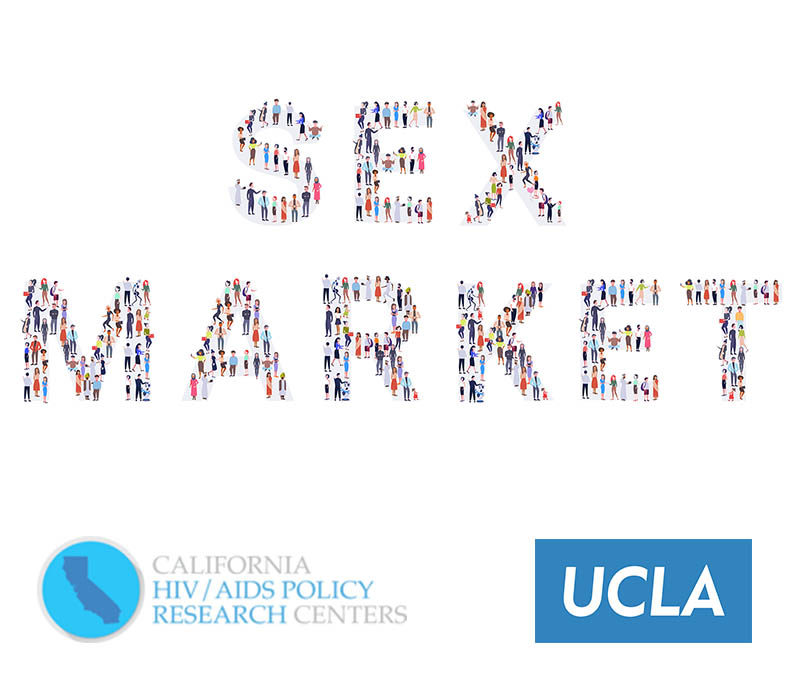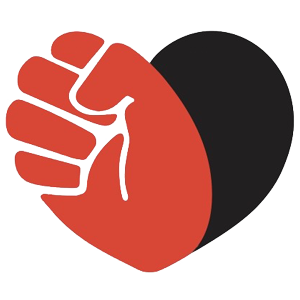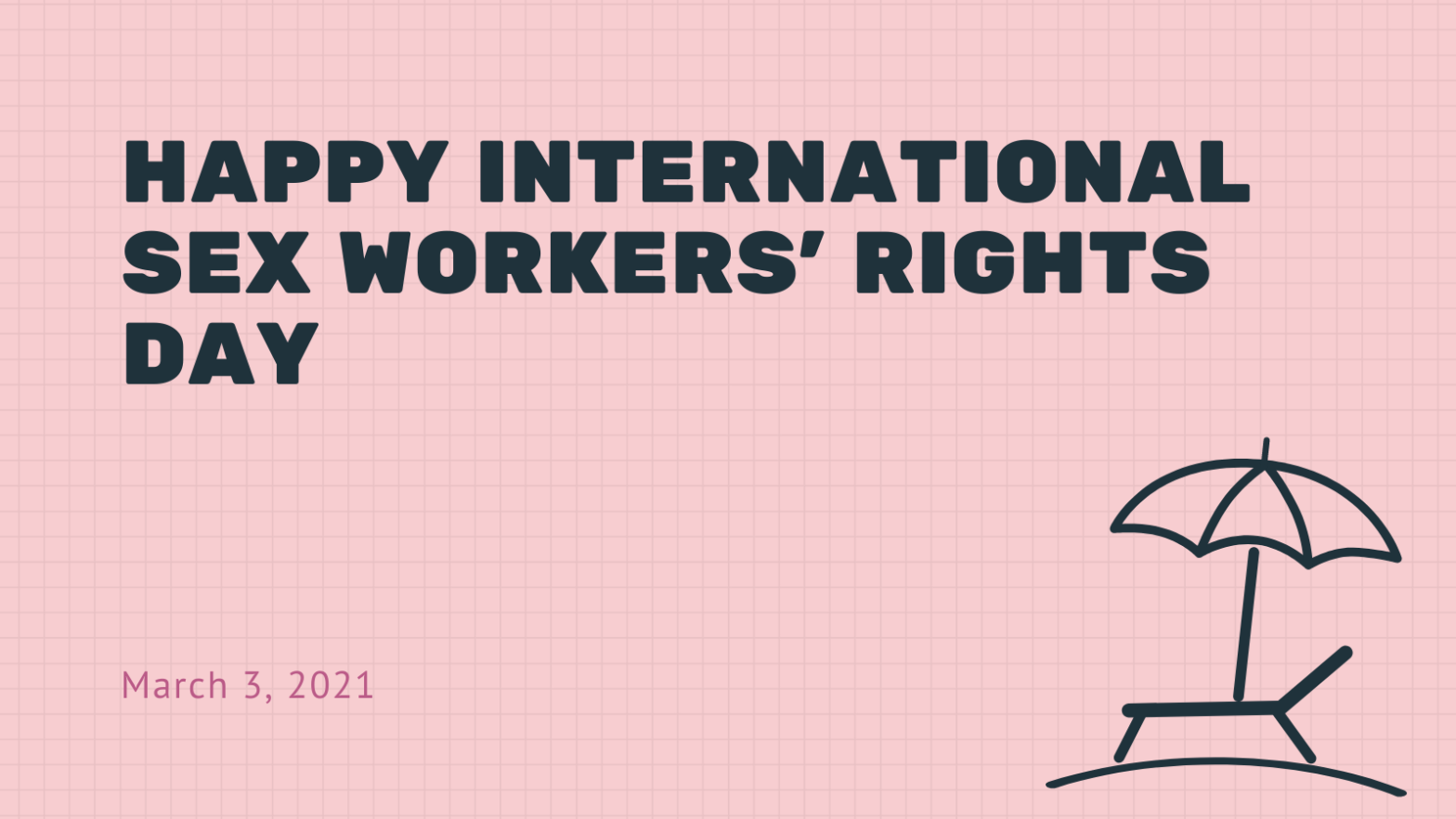Since the inception of International Sex Worker’s Rights Day on March 3rd, 2001 when a group of 25,000 sex workers in India defied governmental forces and gathered in community, sex across across the world have dubbed this day a cause for celebration and political action. Sex workers themselves are often not involved in the policy decisions that impact our lives, making our need for integration in policy recommendations all the more urgent.
On this 20th anniversary of Sex Worker’s Rights Day, SWOP LA is proud to have collaborated with the UCLA Center for HIV Identification Prevention and Treatment Services (CHIPTS) on a premier policy brief examining sex work policy frameworks and calls for the push to decriminalize sex work in the US!
CHIPTS leverages world class science to advance health equity and combat HIV globally, in partnership with communities, families, and people that are directly impacted.
In this policy brief, we synthesized the available literature, described the four major policy frameworks used worldwide for regulating and criminalizing sex and the health outcomes associated with them, and proposed future directions of research that are needed to fully capture the intersectional realities that sex workers face. We look forward to collaborating on more sex worker-informed research that centers the voices of our most marginalized community members. Nothing about us without us!
You can view the full policy brief here: https://www.chprc.org/health-outcomes-associated-with-criminalization-and-regulation-of-sex-trade/


